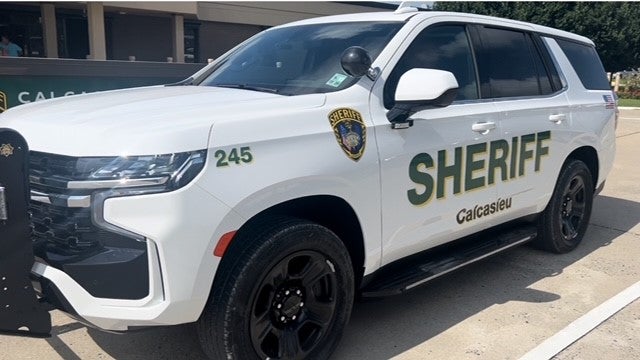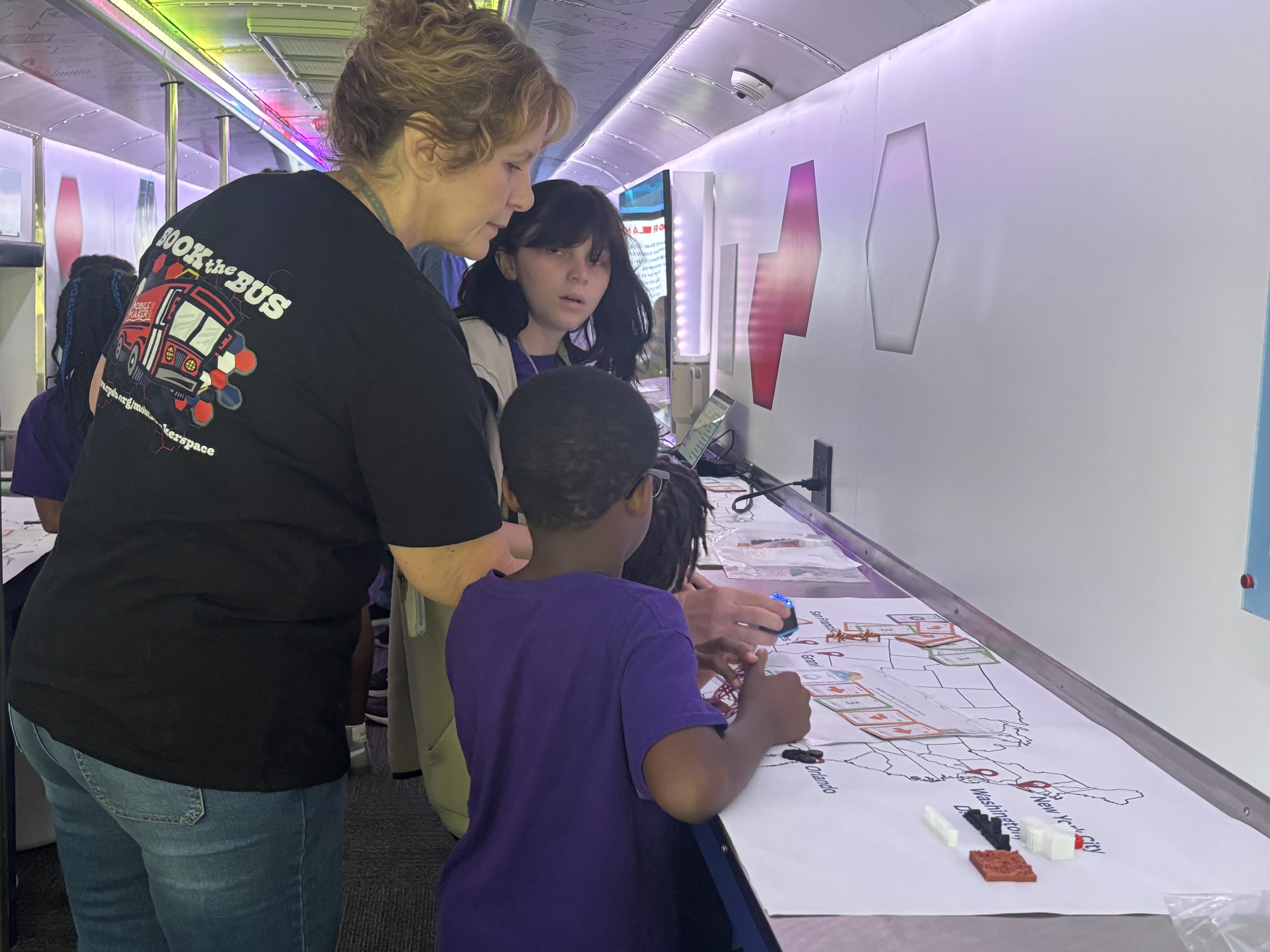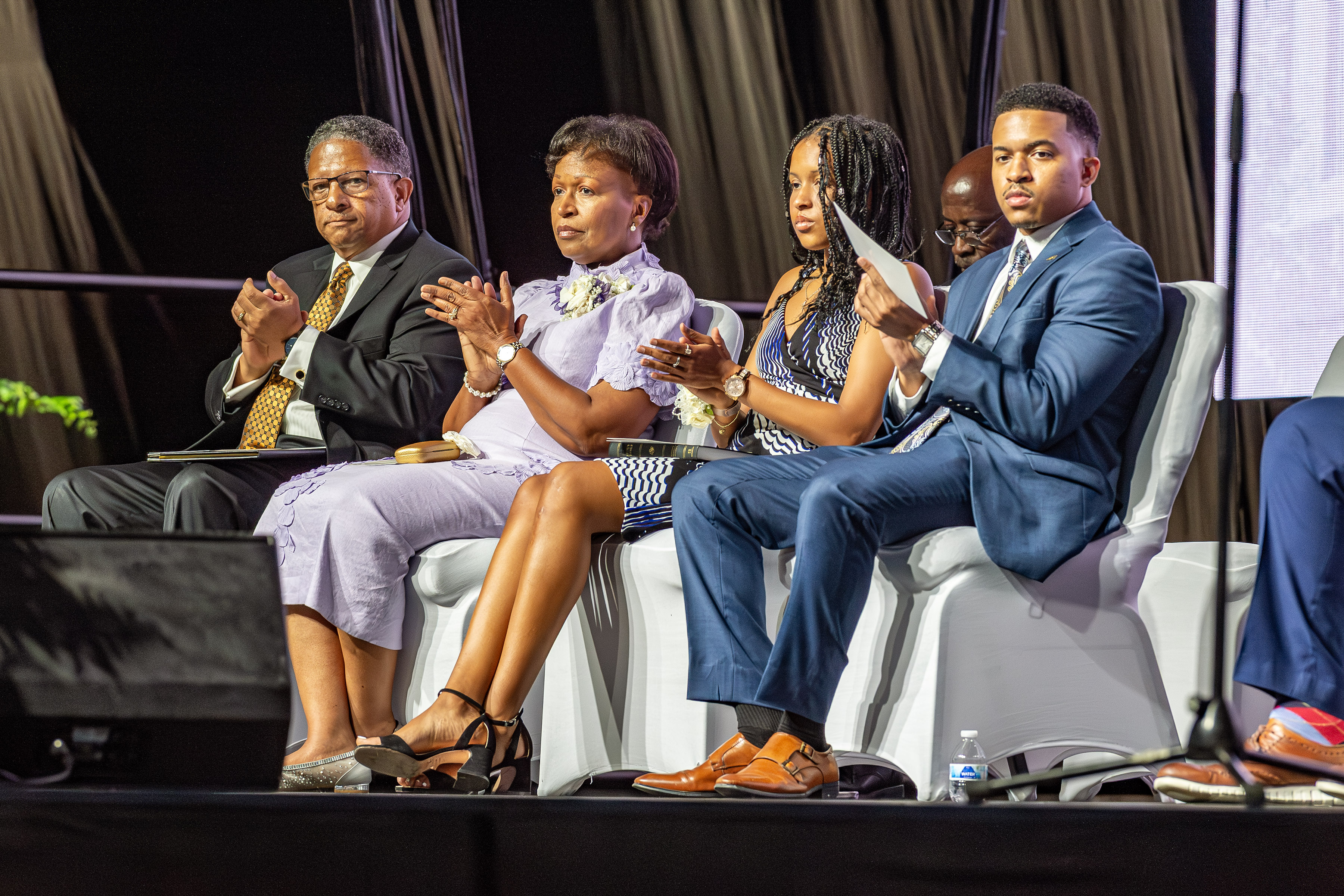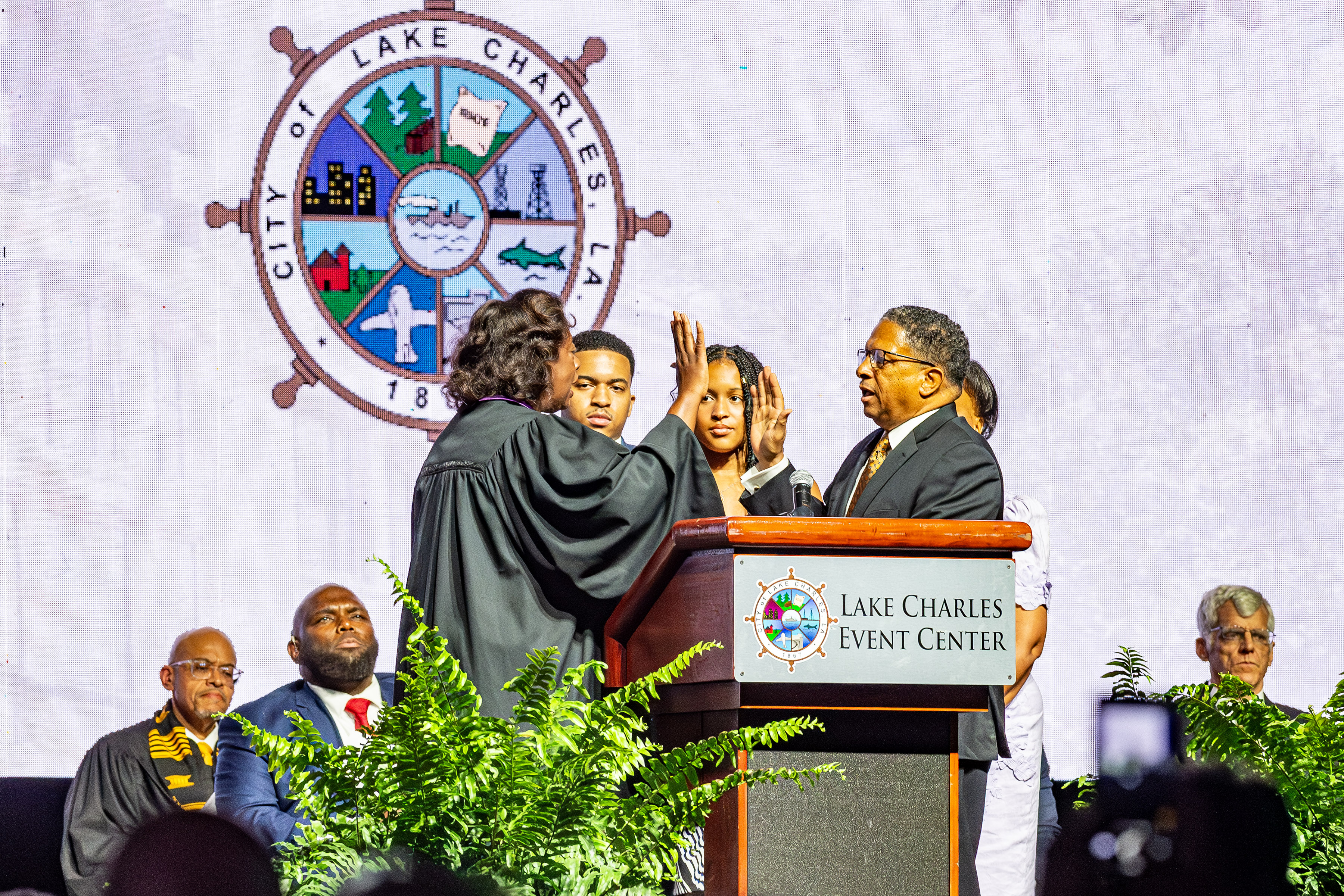World entered nuclear age 75 years ago
Published 6:00 pm Thursday, July 23, 2020
There was a world-changing event that occurred 75 years ago this month, when, on July 16, 1945, an explosive device was detonated in the Jornada del Muerto desert of New Mexico.
It was the detonation of the world’s first-ever nuclear device, code-named “Trinity,” which ushered in the nuclear age, and soon abruptly ended World War II and was the culmination of one of the greatest scientific projects in history, the Manhattan Project.
The event also brought the world into an era of global stability, scientific innovation and economic prosperity.
Of this momentous anniversary, President Trump said, “After Trinity, nuclear testing conducted by the United States laid the ground work to maintain our stockpile and further our ability to understand and prevent nuclear threats around the world.”
The official ceremony was held July 16 at White Sands Missile Range in New Mexico with Brig. Gen. David Trybula, commander of the base, giving the keynote address.
“Maj. Gen. Leslie R. Gove and Doctor J. Robert Oppenheimer were at the forefront of the project. Other facilities were in Oak Ridge, Tenn., and Hanford, although contributions to the project came from across the country. Significant was New Mexico’s ‘Site Y’ the code name for the Los Alamos Laboratory that was established in 1943 and its satellite operation in Sandia in Albuquerque,” the general said.
The successful test explosion was equal to 44 million pounds of TNT but the atomic explosion was 220 times stronger than the TNT blast.
After the test, the project quickly focused on preparing the atomic bombs that would be used against Japan to bring the war to a close.
President Truman warned Japan to surrender in late July or face complete destruction. But the warning was rejected as Japan prepared for the expected coming Allied invasion.
The first atomic bomb was called “Little Boy” and it was dropped from a B-29 bomber with about 13 kilotons of force, over Hiroshima on Aug. 6, 1945. It killed 80,000 people instantly and thousands more died later from radiation. But Japan still refused to surrender.
The second atomic bomb, called “Fat Man” was dropped three days later over Nagasaki and it killed an estimated 40,000 people instantly. Finally, Japanese Emperor Hirohito announced on Aug. 15, 1945, the unconditional surrender of the empire.
As horrible and shocking as the bombs were, it is estimated that it would have cost millions of lives of both Japanese and Americans if the invasion of Japan had occurred and the war dragged on for another year or two.
The 75th anniversary of the first successful explosion of a nuclear device is a sober reminder of why any future nuclear war is unthinkable and must be avoided if at all possible. But it also can be celebrated for all the beneficial impacts nuclear science has brought to humanity.





